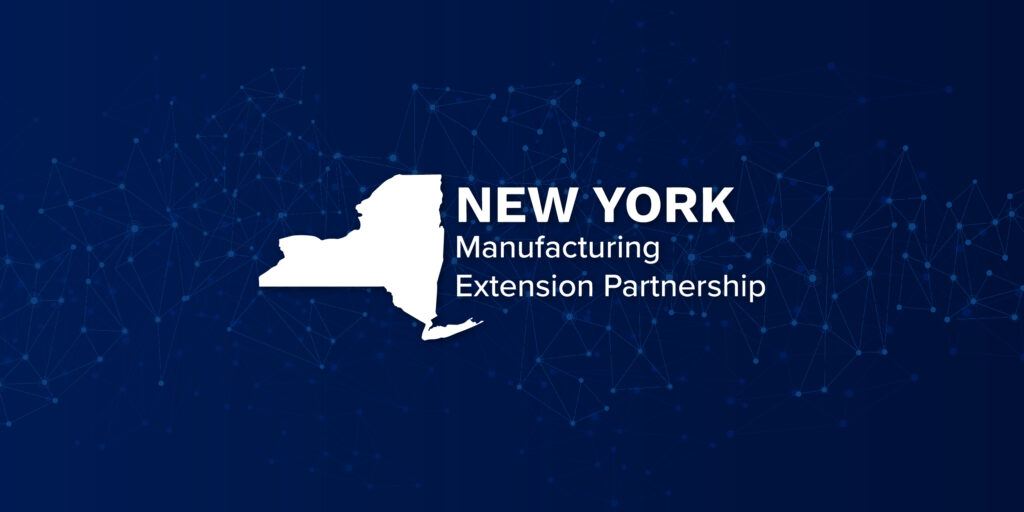Oneida Air Systems (OAS) was founded in 1993 in a garage on Oneida Lake in New York. From that humble beginning the company sought to provide industrial-grade dust collection products and technology to smaller wood working operations. Since then, OAS has dedicated operations to the innovative design of high-quality dust collection systems that help create a safe, healthy, and practical workplace environment in various applications including woodworking, concrete finishing, among others.
Today, OAS is a world-renowned leader in workshop hygiene and dust collection, and the company strives to provide quality U.S. jobs with excellent working conditions and benefits for employees. Yet, OAS also needs operational excellence and rapid fulfillment as a competitive advantage in the midst of numerous external obstacles. OAS’ research and development team regularly creates the most innovative solutions in the world, but their products have been copied by competition at a faster rate than OAS has ever seen before. At the same time, foreign competitors are warehousing products in the U.S. and offering faster delivery, so decreasing overall lead time is critical even with the expanding volume.
That’s why Train Develop Optimize (TDO), Central New York’s regional NY MEP center, was asked to provide expert assistance. Initially, OAS decided to focus its improvement efforts on a new product’s value stream, a lean management method that allows companies to visualize, analyze and improve all the steps in a product delivery process. The technological advantages of this new product design were expected to result in more sales volume than the product it was replacing. TDO recommended OAS focus on practicing Toyota Kata, a systematic approach for developing and sustaining daily continuous improvement efforts. Kata introduces different skills and lean manufacturing tools only as they are needed.
“Previous OAS attempts at lean had focused on episodic event-based improvement,” said Mark Evertz, OAS’ Operators Manager. “Our TDO advisor suggested we try practicing Toyota Kata to establish the habits of daily continuous improvement. TDO helped facilitate a value stream mapping exercise to understand the current condition and possible future state that would allow us to meet the challenge provided by the company president,” Evertz explained.
TDO facilitated a value stream mapping kaizen event to ensure that the current state and future state challenges were well understood. After an initial introduction to Toyota Kata, TDO took on the role of “coach.” TDO continued to coach 2-3 mornings per week until OAS personnel became proficient at using the “Improvement Kata“ pattern and scientific thinking. TDO then shifted its coaching focus to develop OAS’ internal coaching capability so that OAS could spread daily continuous improvement throughout its organization.
Since its initial inception, Toyota Kata has been practiced in fabrication, assembly, shipping, purchasing, and inside sales departments, as well as strategically at the operations management level. As OAS supports growth with Kata and lean, TDO is continuing to provide the company with assistance though product design for manufacturability and layout for a new production line. If your company needs helps like this, ask to speak to a manufacturing expert.

